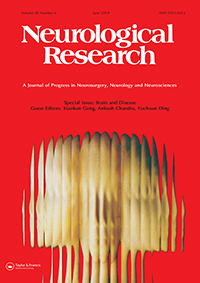
CANNABIS
Nabiximol effective and safe in managing spasticity in patients with refractory MS
Neurol Res. 2010 Jun;32(5):451-9. doi: 10.1179/016164109X12590518685660337 patients diagnosed with multiple sclerosis (MS) and inadequately managed by current medications were randomly assigned to receive either nabiximols, a mixture of delta-9-tetrahydrocannabinol (THC) and cannabidiol (CBD), or placebo through oromucosal spray for 14 weeks. Patients were assessed on mean change in spasticity from baseline measured by the 0-10 Numerical Rating Scale (NRS), the proportion of responders (≥30% improvement in NRS), the time taken to achieve ≥30% improvement in NRS, the incidence of adverse events, and various other functional outcomes. A per-protocol analysis of the results suggests that nabiximols was safe and effective in reducing spasticity and improving certain functional outcomes, while the intent-to-treat analysis did not demonstrate a significant difference between treatment with nabiximols and placebo.
Unlock the full ACE Report
You have access to {0} free articles per month.Click below to unlock and view this {1}
Unlock NowCritical appraisals of the latest, high-impact randomized controlled trials and systematic reviews in orthopaedics
Access to OrthoEvidence podcast content, including collaborations with the Journal of Bone and Joint Surgery, interviews with internationally recognized surgeons, and roundtable discussions on orthopaedic news and topics
Subscription to The Pulse, a twice-weekly evidence-based newsletter designed to help you make better clinical decisions
Exclusive access to original content articles, including in-house systematic reviews, and articles on health research methods and hot orthopaedic topics
Or upgrade today and gain access to all OrthoEvidence content for just $1.99 per week.
Already have an account? Log in


Subscribe to "The Pulse"
Evidence-Based Orthopaedics direct to your inbox.
{0} of {1} free articles
Become an OrthoEvidence Premium Member. Expand your perspective with high-quality evidence.
Upgrade Now












































































